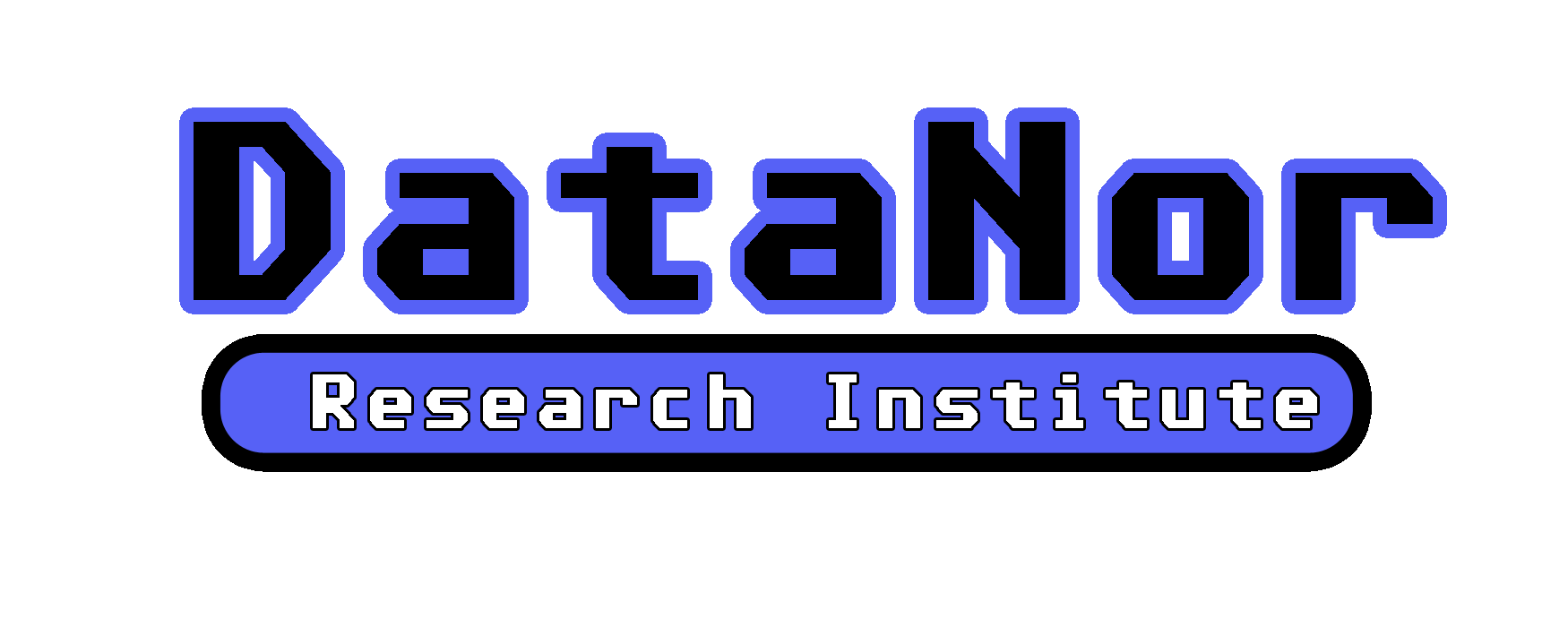Comprehensive NCLEX Reviews/Exams
Effective April 1, 2019 thru March 31, 2022
Major categories are:
Safe and Effective Care Environment Health Promotion and Maintenance Psychosocial/Physiological Integrity Pharmacological and Parental Therapies Reduction of Risk Potential Leadership and Management
Subcategories are:
Safe and effective care environment which includes management of care and safety and infection control.
Physiological integrity which covers basic care and comfort, pharmacological and parenteral therapies, reduction of risk, and physiological adaptation
(refer to "Topics Covered" for more details).
DataNor Comprehensive Review provides a guide for the candidate's exam preparation. Details about administration of the exam including essential nursing content, organized according to the NCSBN's test plan. Learning is reinforced through interactive patient-centered and leadership exercises. Case scenarios' examples are provided, along with "how to" write exam questions and select the correct answer(s).
Our review course also includes a review of anatomy and physiology, analysis of exam questions, rationales, a series of simulated interactive exercises including multiple response choice items, and a personalized diagnostic test assessment. The curriculum covers all components as required by the National Council of State Boards of Nursing (NCSBN).
Topics Covered
Major categories and subcategories reflect client needs across the lifespan including but not limited to:
Safe, Effective Care Environment - Topics include advance directives, client rights, case management, delegation, ethics, establishing priorities, safety and infection control, etc.
Health Promotion and Maintenance - Topics include aging, ante/intra/postpartum and newborn care, developmental stages and transitions, disease prevention, lifestyle choices, high-risk behaviors, etc.
Psychosocial Integrity - Topics include mental health concepts, grief and loss, abuse/neglect, chemical dependencies, stress/anger management, thought disorders, therapeutic communication, etc.
Physiological Integrity - Topics include 1) basic care, comfort needs, and ADL's; 2) administration of medications parenteral/intravenous, adverse/side effects, central venous devices, dosage calculation, pain management; 3) reduction of risk potential, diagnostic testing, lab values, alterations in body systems, complications of tests and procedures; and, 4) physiological adaptation - topics include managing and providing care for clients with acute, chronic, life threatening conditions, fluid and electrolytes, hemodynamics, pathophysiology, etc.
Copyright 2010 Datanor Research Institute. Website Designed By Identity Engineers


